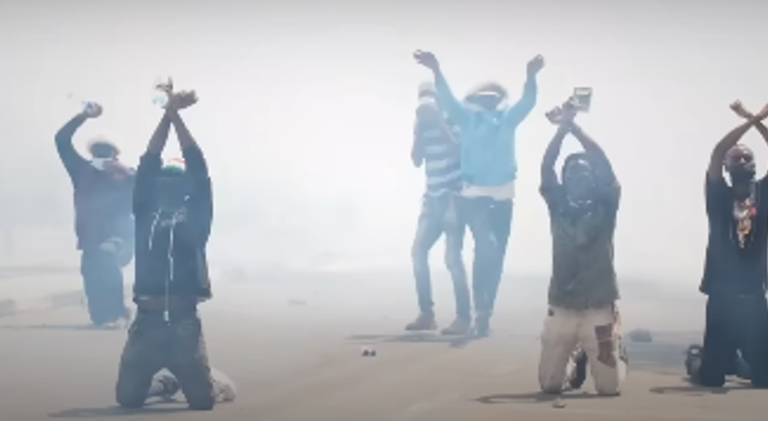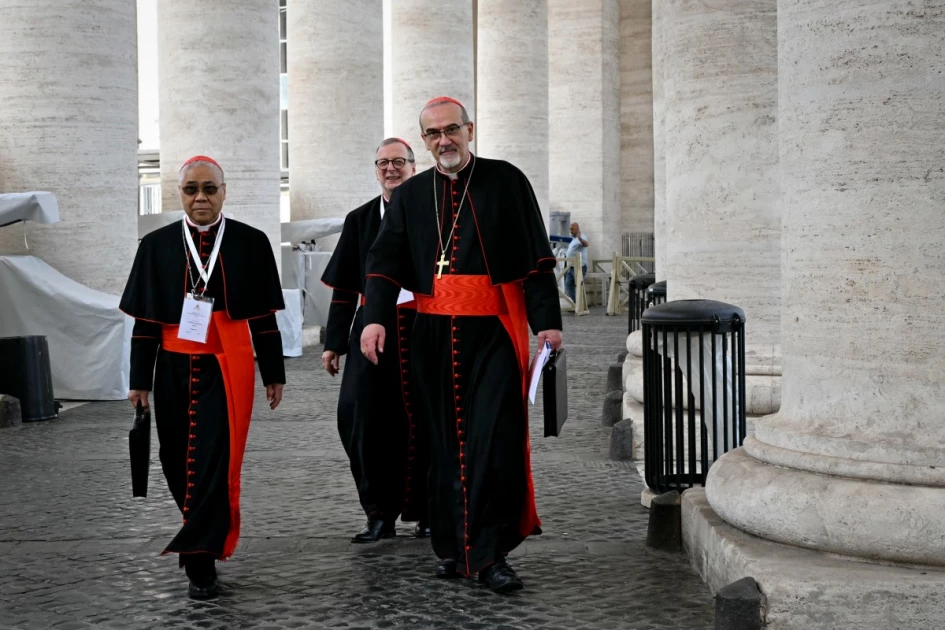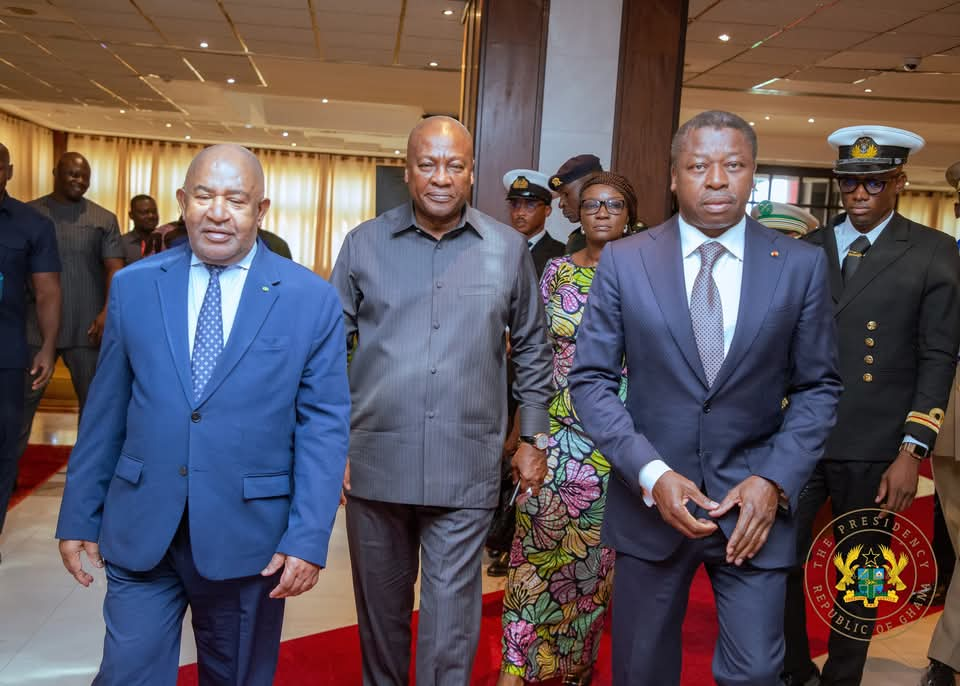Africans Embrace Coexistence Amid Trust Gaps, Afrobarometer Report Reveals | News Ghana
The findings, drawn from surveys in 33 African countries between 2021 and 2023, underscore both progress and persistent challenges in fostering social cohesion.
An overwhelming majority of Africans (90%) express openness to living alongside neighbors from other ethnic groups, and 89% approve of interethnic marriages within their families. However, trust in people from different ethnic or religious backgrounds lags significantly. Only 21% of respondents say they trust individuals from other ethnic groups “a lot,” while 36% trust them “somewhat.” Trust levels are even lower for people outside family or community networks, reflecting lingering societal divisions.
National identity continues to outweigh ethnic allegiance for many Africans. Four in 10 citizens (41%) prioritize their national identity over their ethnic roots, while 45% feel equally connected to both. Only 14% primarily identify with their ethnic group. Mauritania leads in national pride, with 92% of its citizens emphasizing national identity, followed by Guinea (79%) and Congo-Brazzaville (69%). In contrast, Nigeria (27%), South Africa (26%), and Ethiopia (24%) report the highest levels of ethnic prioritization.
Despite strides in coexistence, 41% of Africans believe their ethnic group is unfairly treated by their government—a perception that has grown by 8 percentage points since 2016. This trend is particularly pronounced in countries like Ethiopia, Nigeria, and South Africa, where ethnic tensions have historically influenced politics.
Comparing data from 25 countries surveyed since 2011, allegiance to national identity has declined by 12 percentage points, while dual national-ethnic identity has risen by 8 points. Preference for ethnic identity has also inched upward by 4 points, though it remains a minority stance.
The report underscores the need for governments to address growing perceptions of ethnic bias. “The lesser-known sports which are least financed have been saving Ghana at international competitions,” remarked Emmanuel Olla Williams, President of the Ghana Tug of War Association, in a related context—a sentiment echoing the broader call for equitable policies.
Afrobarometer conducted face-to-face interviews in 33 countries, with results accurate to within +/-2–3 percentage points. The findings aim to inform policymakers and civil society on strategies to bridge trust gaps and strengthen national unity.
As Africa grapples with balancing diversity and unity, the report serves as a reminder that coexistence alone is insufficient without deliberate efforts to build trust and ensure fairness.
Follow on Google News











